February 3, 2020 was supposed to be a busy news night. It was the evening of the Iowa caucuses, the first chance for voters to cast ballots in the 2020 presidential elections. With great anticipation, the cable news networks waited to report the outcome … and waited and waited and waited.
Much to the consternation of reporters and analysts, technical glitches prevented the Iowa Democratic Party from releasing the results. On CNN, longtime political reporter Wolf Blitzer grew anxious, then agitated, admonishing the Iowa Democratic Party before signing off at midnight, still without anything of substance to report.
Perhaps Blitzer should have just turned to the camera, announced there was “no news,” and cut to music. That is just what the BBC (British Broadcasting Corporation) did one evening ninety years ago this month.
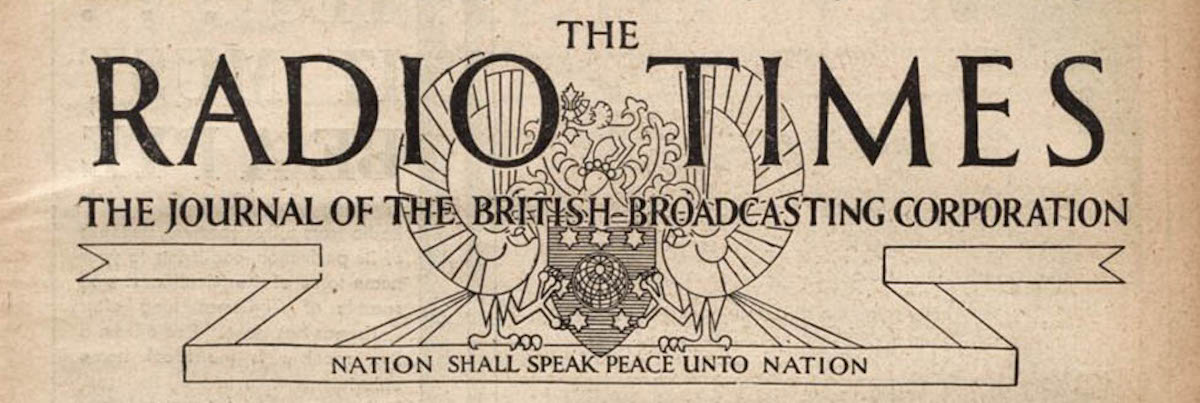
In our news-saturated culture, it seems strange to think that a day could pass without news. Yet, on April 18, 1930, listeners tuning in to hear the BBC’s 8:45 p.m. news bulletin were told “there is no news tonight.” For fifteen minutes, the BBC aired piano music before sending listeners to a performance of the Wagner opera Parsifal, broadcast from the Queen’s Hall.
The 18th had not been an uneventful day. Most serious for the British, Indian nationalist rebels, led by Surya Sen, had attacked the armory at Chittagong in British India. But the BBC could not have reported on the raid, even if it had wanted to, as the insurgents had cut the telephone and telegraph lines.
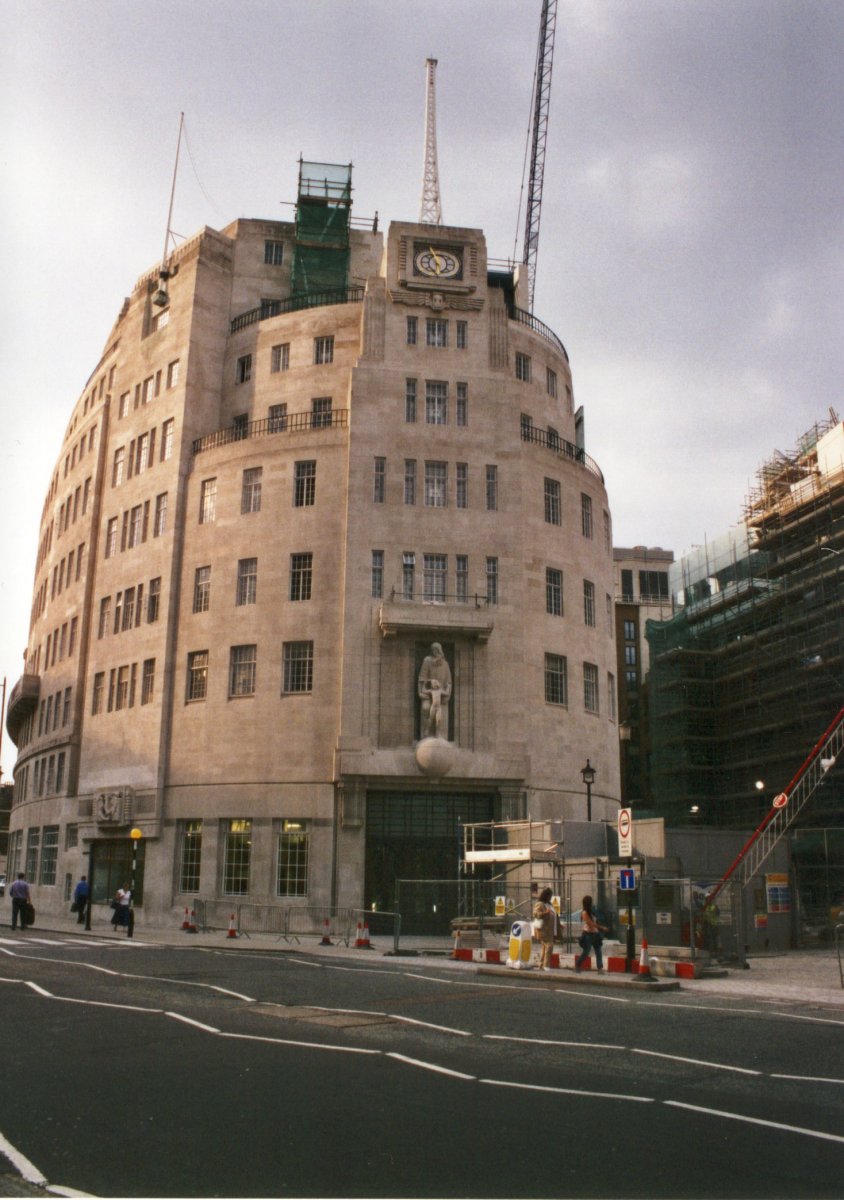
Closer to home, there was plenty of news for the BBC to report, including, as one British newspaper gleefully observed, a notable death, a fire, and an automobile accident—the kind of material that makes up the bread and butter of local news these days. The decision to announce that there was “no news” then, had less to do with the events of the day, and more to do with the BBC’s structure, standards, and funding.
In 1930, the BBC had only a rudimentary news service and did not yet have a separate News Department. Concerned that broadcast news would undermine their own circulations, the British press worked hard to limit the news production capabilities of the new medium.
Before 1927, the BBC could not transmit news before 7:00 p.m.—after most people would have already read their evening newspaper. Its news staff in 1930 consisted only of two editors and two sub-editors—the BBC was not yet a news-gathering organization. These editors compiled bulletins from information sent by the British news agencies via teletype. Announcers, using the upper-class accent known as “received pronunciation” read the reports over the air.
More important than these limitations were the BBC’s self-image and its institutional values. Although it began as a private company, in 1927 the BBC became a chartered public corporation, neither a state-run nor a commercial broadcaster.
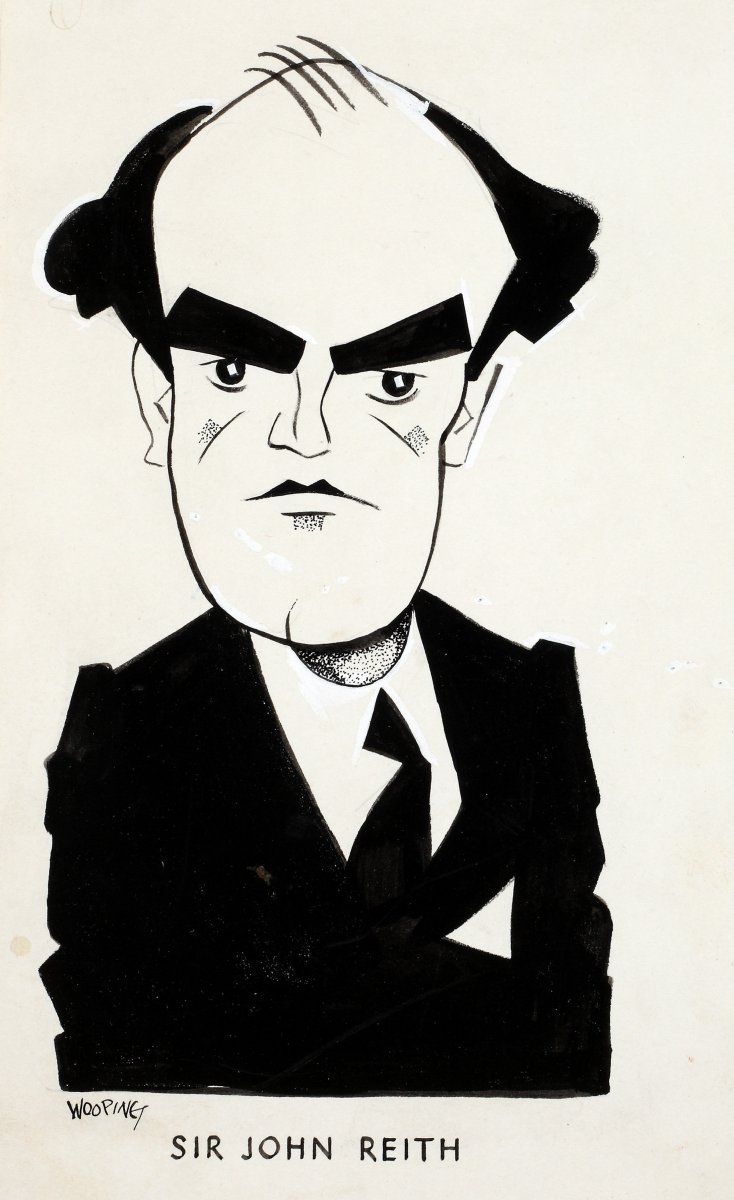
Pivotal to this transformation was the formidable John Reith, the first Director-General of the BBC. Reith was committed to the idea of broadcasting as a public service and wanted to transform the BBC into a respected national institution. This meant emphasizing quality over quantity and giving the listening public what it needed—classical music, opera, drama, and literary talks—not necessarily what it wanted.
Reith’s vision for the BBC was made possible because it was not a commercial enterprise, but rather supported by fees paid by all radio set owners. The BBC did not have to answer to advertisers who would have demanded news content presented in such a way as to attract the largest audience.
In such a context, it is not surprising that the BBC should have a high standard for events it considered “newsworthy.” It prioritized directness and objectivity in its news bulletins and shunned sensationalism. Reflecting on its accomplishments in 1930, the BBC boastfully claimed that not broadcasting the news was evidence of the merits of its service.
Nowadays, we have more access to news than ever before from 24-hour cable news, news talk radio, national and local network news, and, social media. But is it any good?
The BBC’s “no news” broadcast provides an opportunity for us to think critically about our own media landscape. Unlike the BBC, most modern broadcast news divisions are part of massive transnational media corporations that regard news as just another part of their profit-making enterprises.
Newsrooms place a high priority on being the first to break a story, which can sometimes lead to dubious editorial decisions. The “if it bleeds it leads” approach to news attracts eyeballs, satisfies advertisers, and generates revenue, but such an approach can distort our understanding of reality and negatively impact our mental well-being.
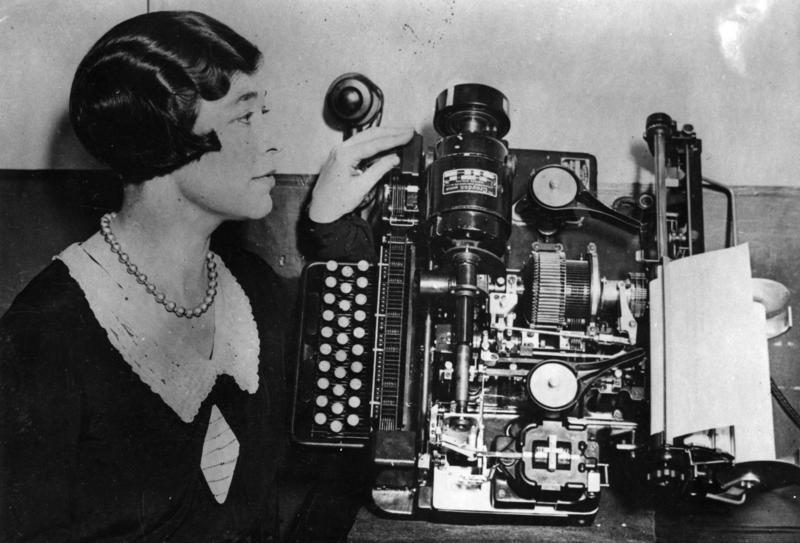
The voracious appetite of 24-hour news stations encourages reporting of questionable news value and helps fuel the rise of partisan analysis. In 2014, Jeffrey Zucker, president of CNN, announced changes to the network’s schedule that amounted to a de facto admission that there just isn’t enough worthwhile news to cover.
The impartial news prized by the BBC was never as objective as it purported to be, but it is worth considering if the current alternative — narrowly focused and biased news content delivered by cable news, internet sources, and streaming services — is any better. Political partisanship is even making its way into local news broadcasts.
Reith wanted the BBC to inform its listeners; today news seems increasingly designed to reinforce our preconceived political convictions. And last year’s coverage of a relatively minor confrontation between a group of Catholic high school students, a Native-American activist, and several members of a fringe group known as the Black Hebrew Israelites in front of the Lincoln Memorial in Washington, DC suggests that social media will only exacerbate the partisan nature of modern news media and its tendency to prioritize speed over accuracy.

Reith has been rightly criticized for his paternalistic ideas about broadcasting and his too-cozy relationship with Britain’s government. Even by the standards of the 1930s, his understanding of what constituted “quality” was fussy and outdated. Few of us would want to limit our media consumption to the middlebrow programming characteristic of Reith’s BBC or have our news presented solely by presenters using posh accents.
Yet, the principles that made it possible for the BBC not to broadcast the news are worth considering, given the current state of the news media. Reith wanted the BBC to create a shared culture and identity for the British people. When it comes to news, Americans seem unable to agree on even a set of common facts.
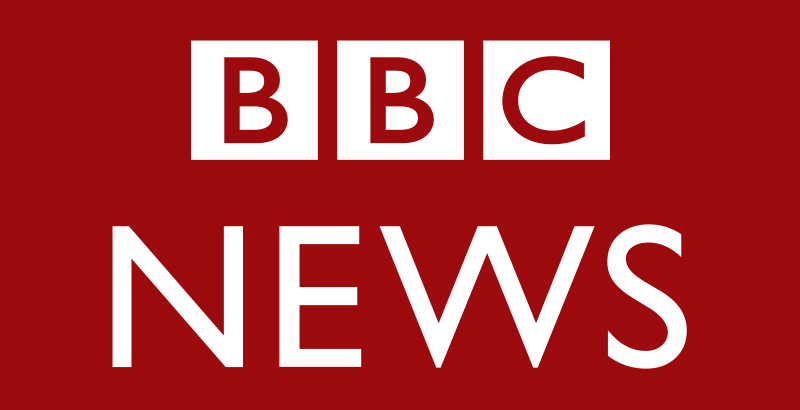
At the very least, reflecting on the news and broadcasting values of the early BBC can help make us more critical consumers of our news. At a time when we can access news at any time, nearly anywhere, perhaps, sometimes, no news really is good news.
